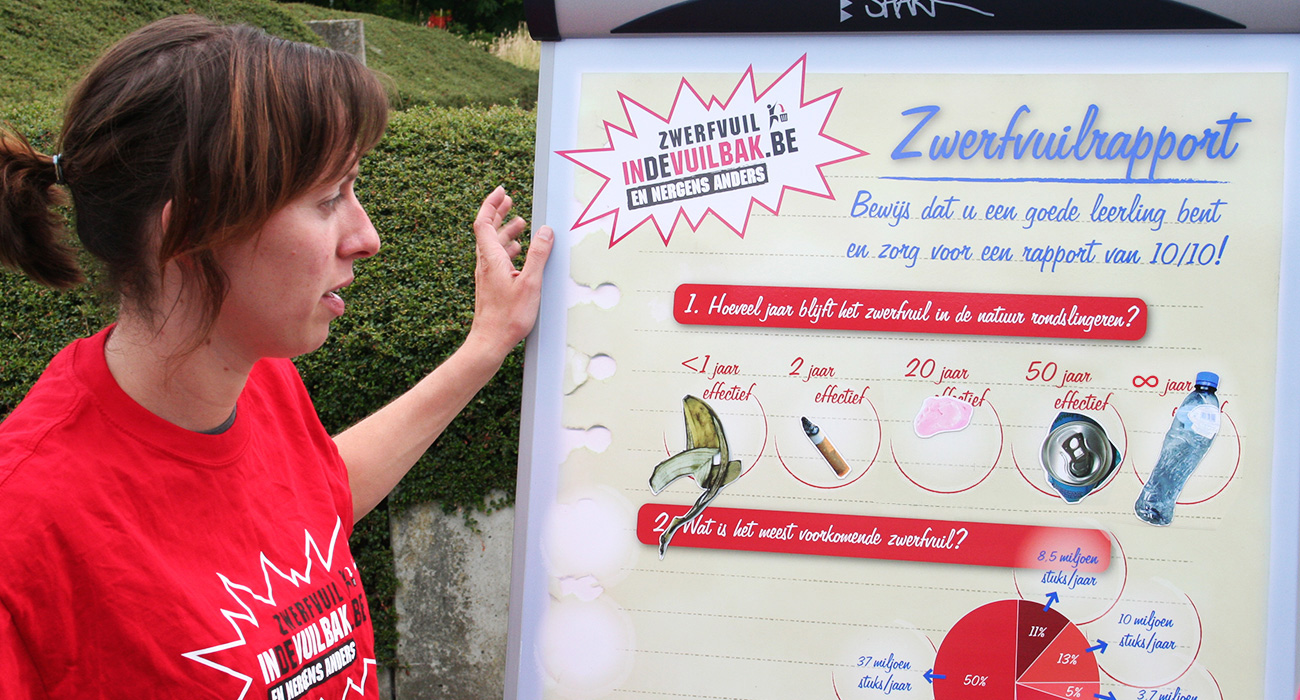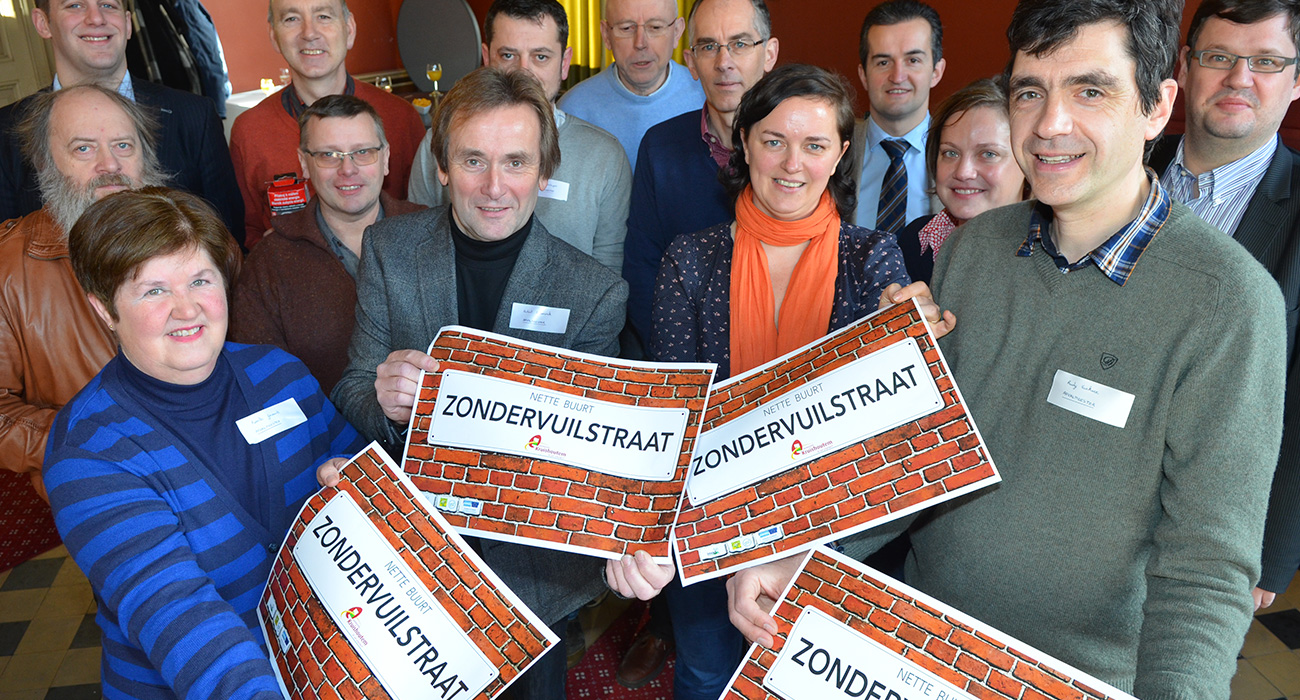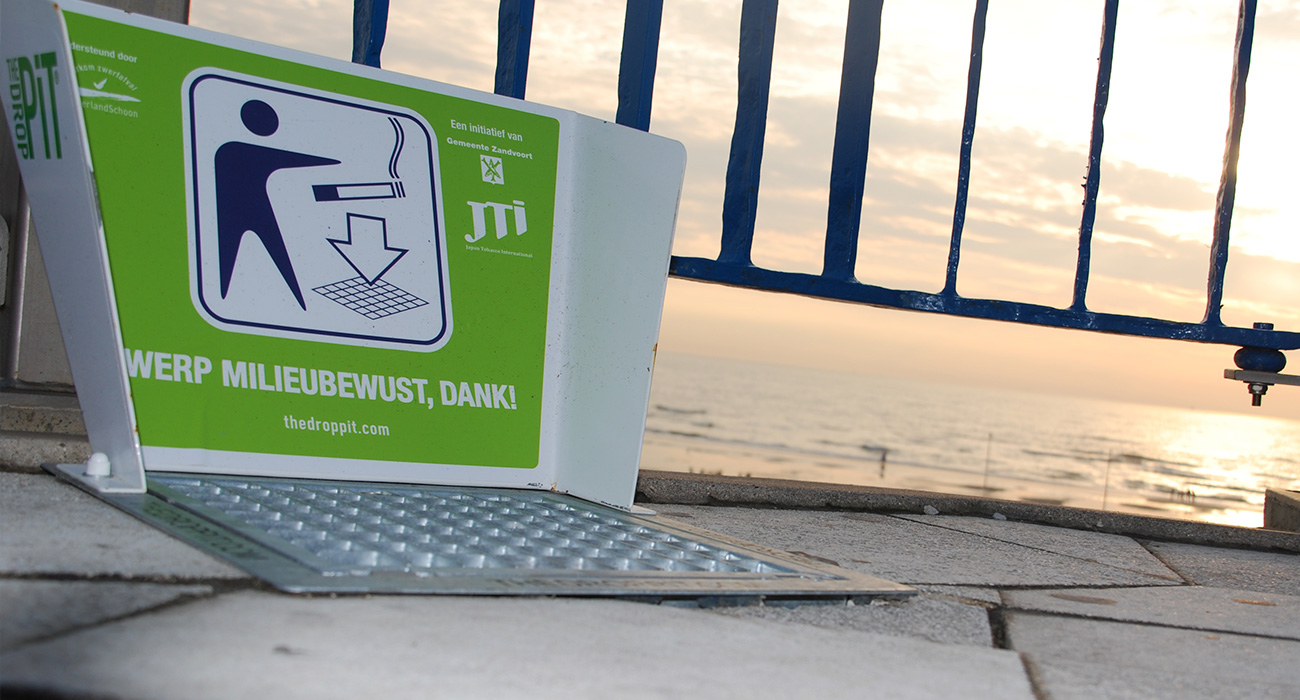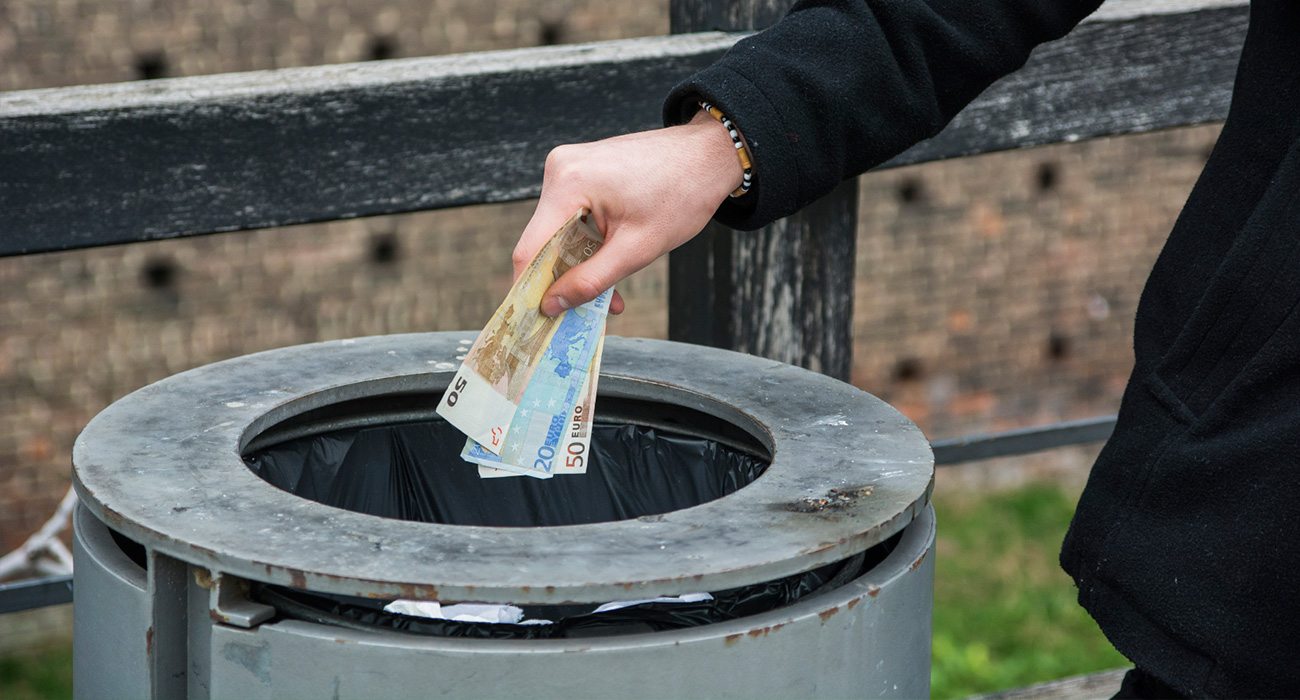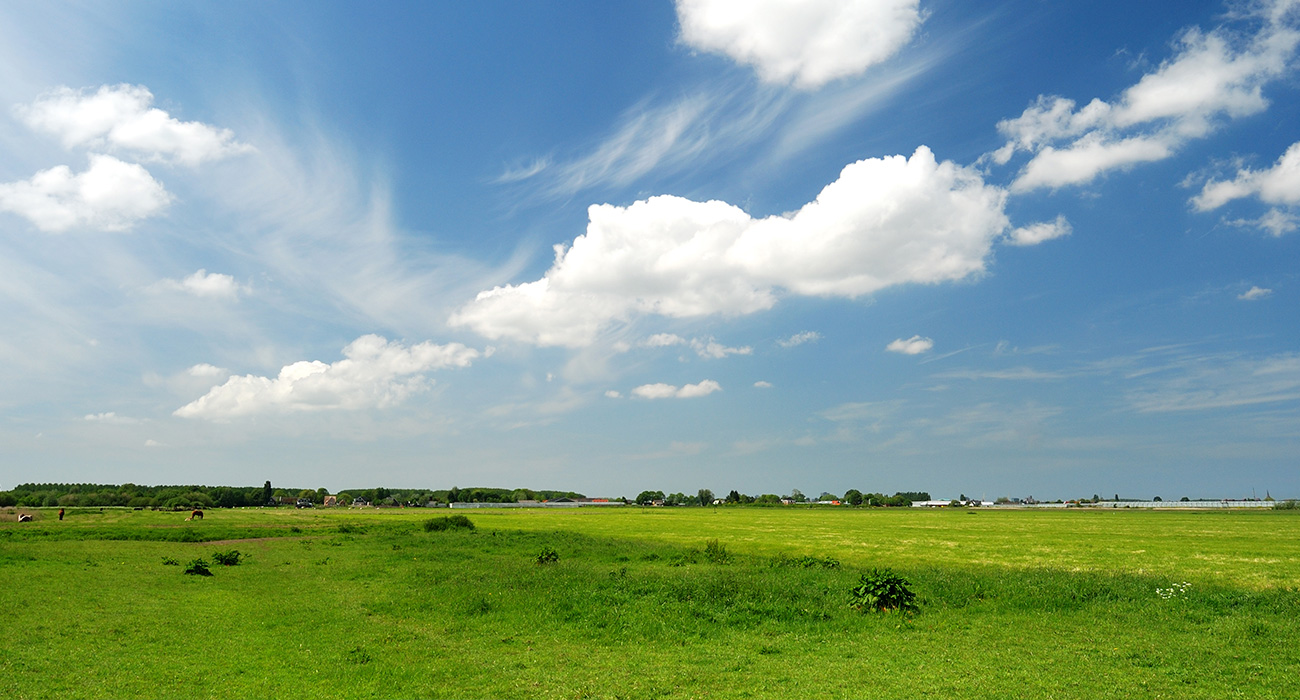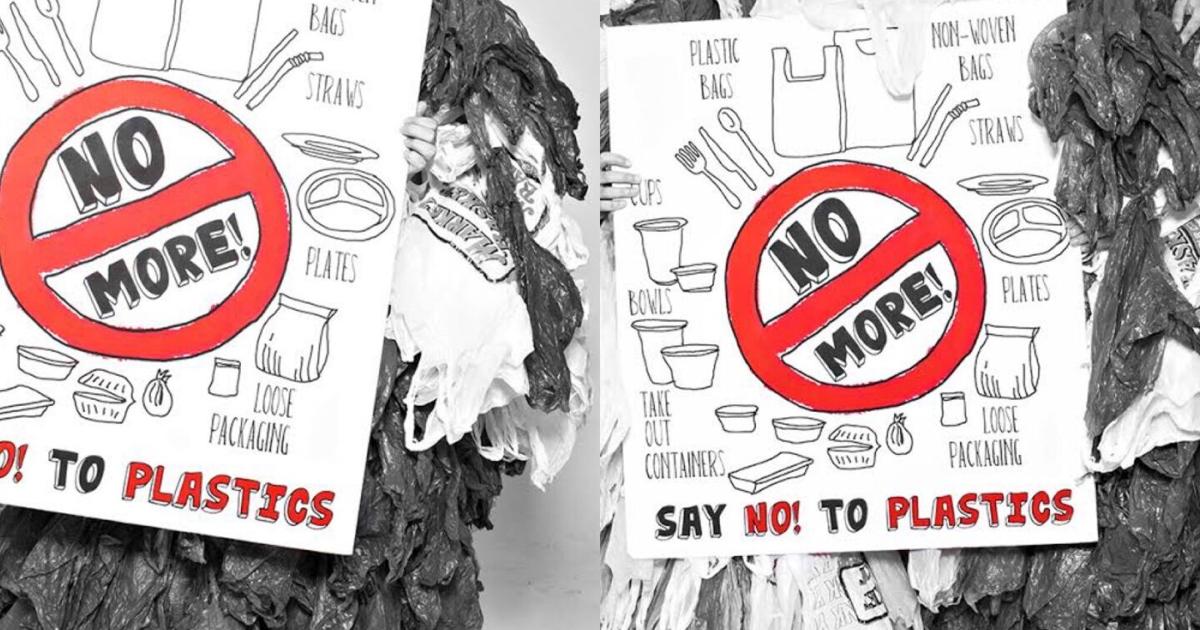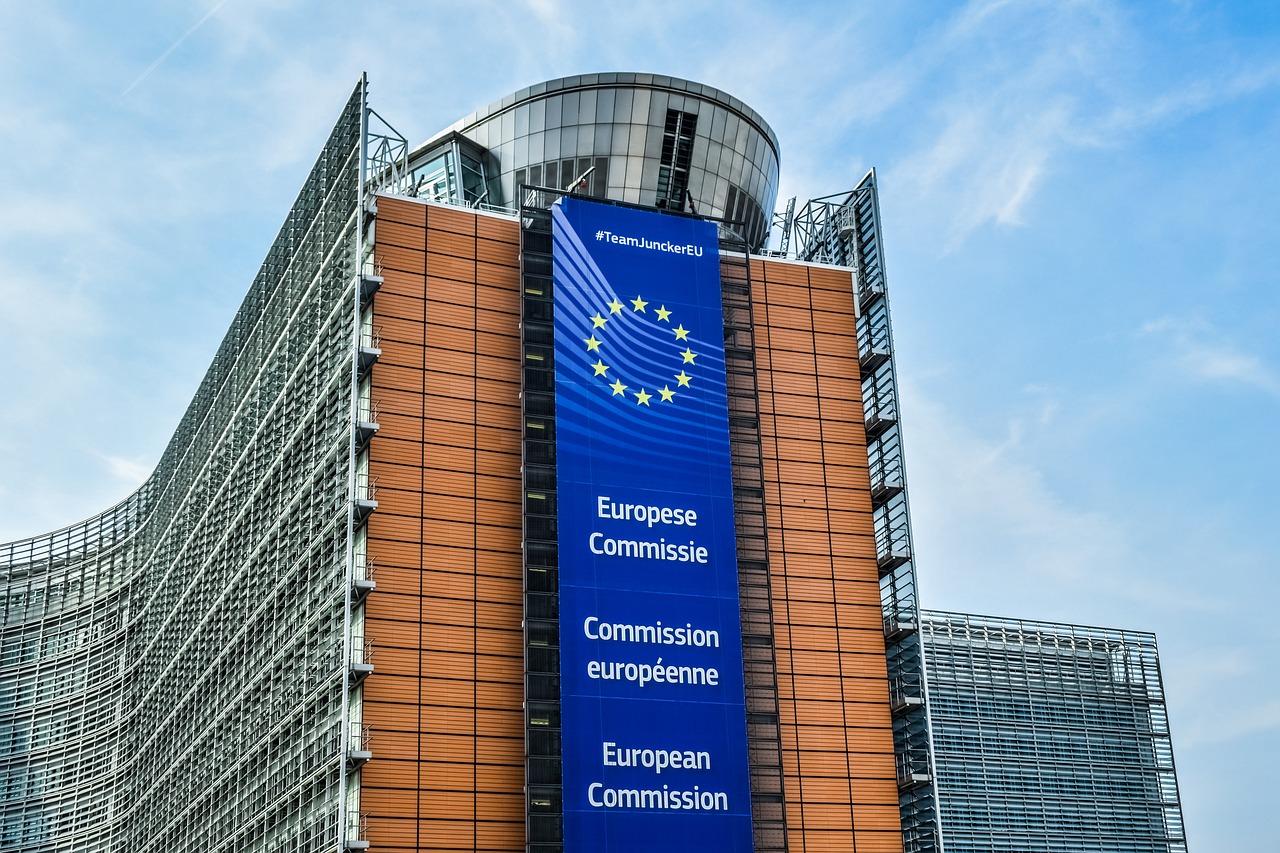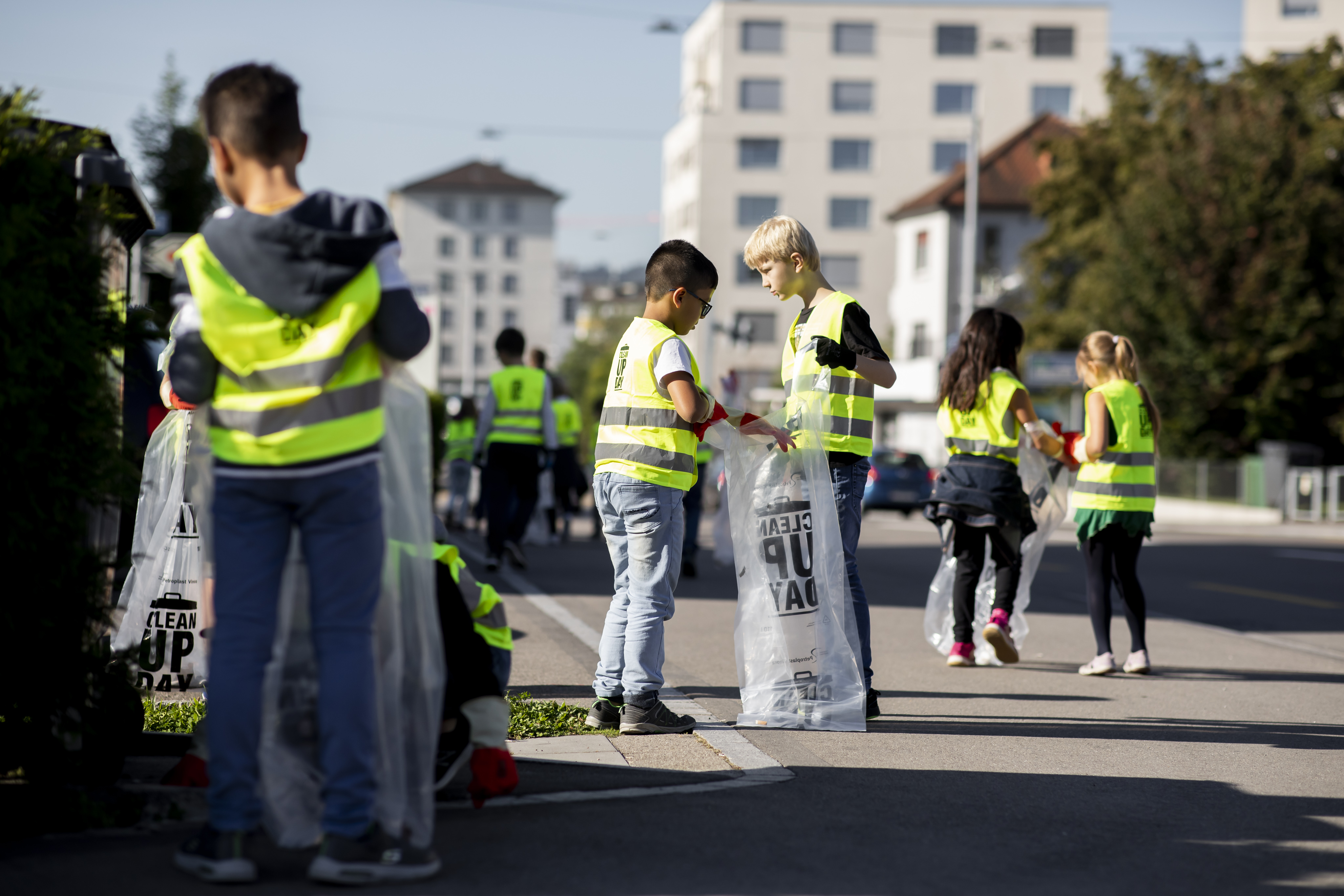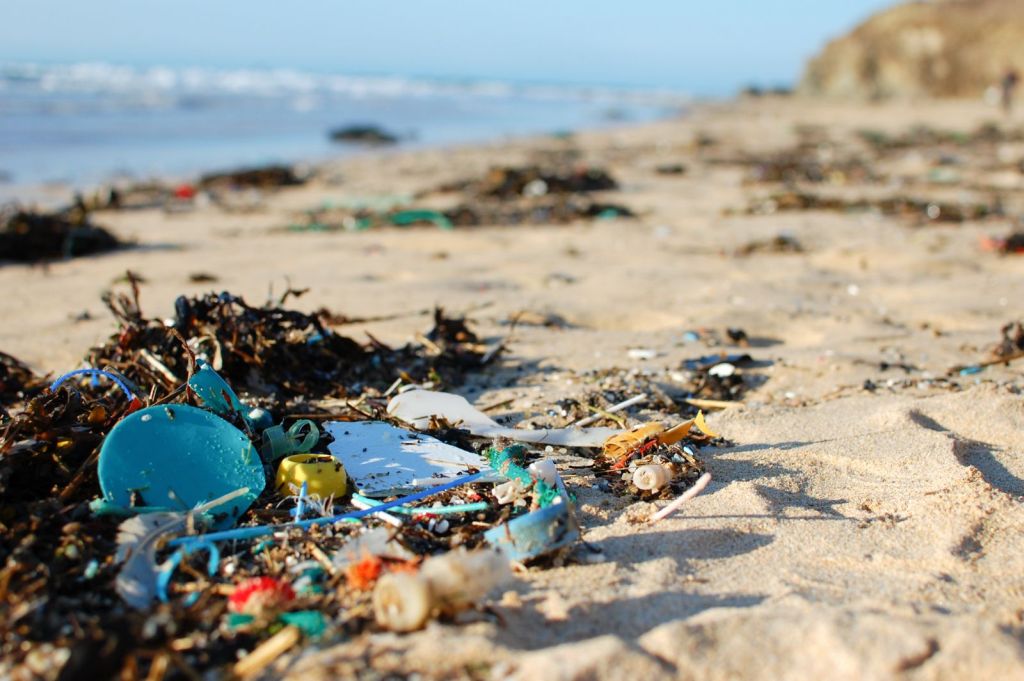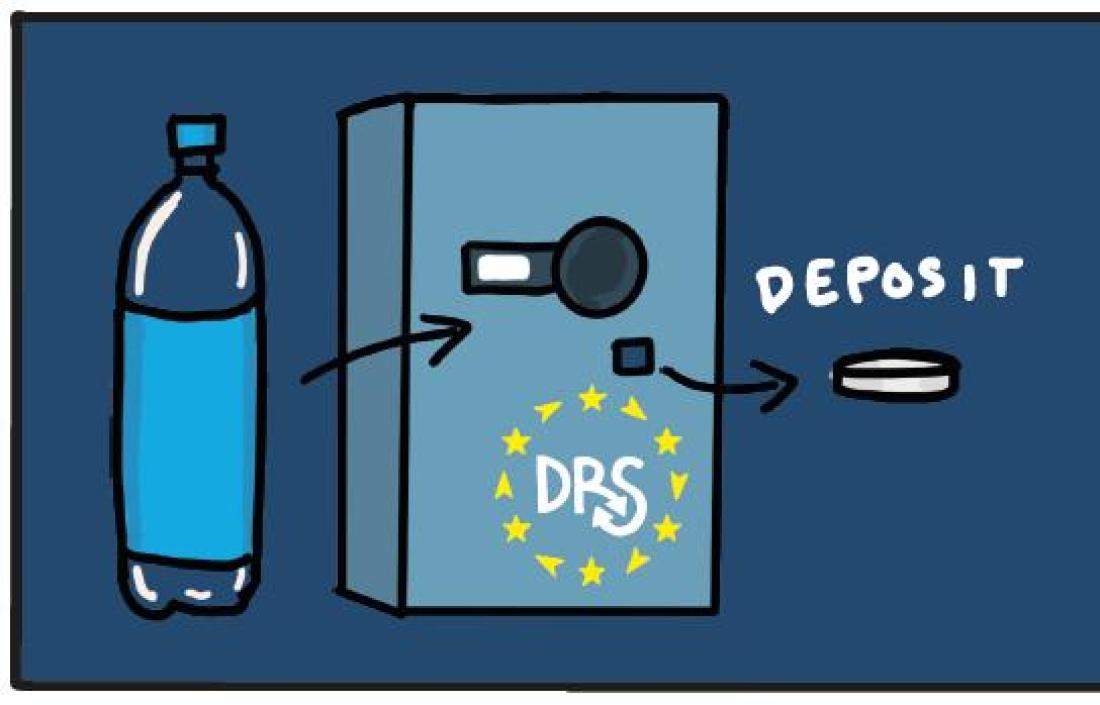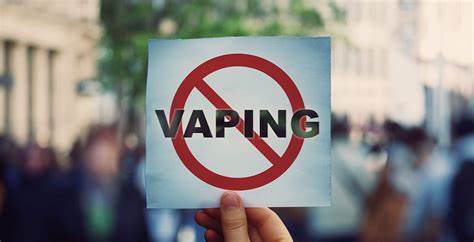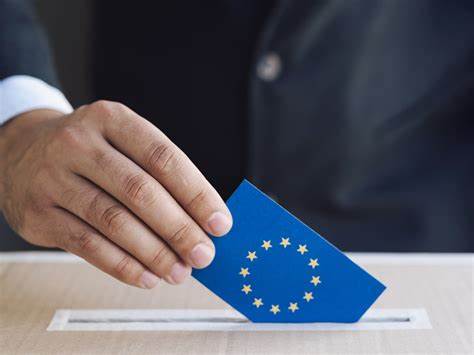
EU elections 2024 key takeaways
Background
Between June 6 and 9, citizens of EU Member States voted for the new European Parliament. Voter turnout was similar to the levels seen in 2019. Although many Europeans view European elections as less impactful on their daily lives, the 2024 elections underscored the crucial role of the Parliament for the future of the EU. To understand the impact of the election results, two interrelated factors must be considered.
Firstly, in the realm of EU legal system, the European Parliament shares legislative power equally with the EU27 governments in creating environmental and industrial laws that will shape the implementation of the Green Deal. The Parliament also approves the selection of the next European Commission and confirms the choice of the new Commission president, thereby influencing the priorities and legislative agenda of the new Commission.
Secondly, the EU elections serve as a primary opportunity for Europeans to express their views on the EU and its future direction. Assessing the electoral results, the outlook for environmental legislation appears less promising.
Results
The election results confirmed predictions of a shift to the right in the new Parliament. Far-right parties across Europe increased their share of the vote, sometimes surpassing centrist governing parties and coalitions. However, the anticipated surge of the far-right was not as extensive as expected. The Centre-Right (European People’s Party - EPP) emerged as the largest political group in Europe and a key player in forming coalitions in the new Parliament. Socialists maintained their strength, while Liberals and Greens suffered significant losses, particularly in France and Germany.
An unexpected development was the emergence of a group of 100 new members, mostly from far-right backgrounds, unaffiliated with any established political group but intending to join either moderate or extreme factions. This rise of the far-right and the increase in independent members reflect a belief among many Europeans that traditional parties have failed to address their needs effectively.
In practice
Although the centrist majority (Centre-Right, Socialists, Liberals), which previously worked with the Greens to approve many Green Deal laws, survived, the rise of the far-right has given the EPP the leverage to weaken key environmental legislations and promote an industry-focused agenda prioritizing growth and competitiveness. While the Green Deal will still be implemented, the focus will be on making European industry more competitive on an international scale. With the Greens playing a marginal role in the new Parliament, the push for more ambitious green legislation will be significantly reduced.
Next steps
The new Parliament will convene in mid-July, but official legislative work is not expected to start before Q4 of 2024. The Secretariat will keep you updated on the latest developments and will work to promote the litter prevention agenda in the new mandate.



